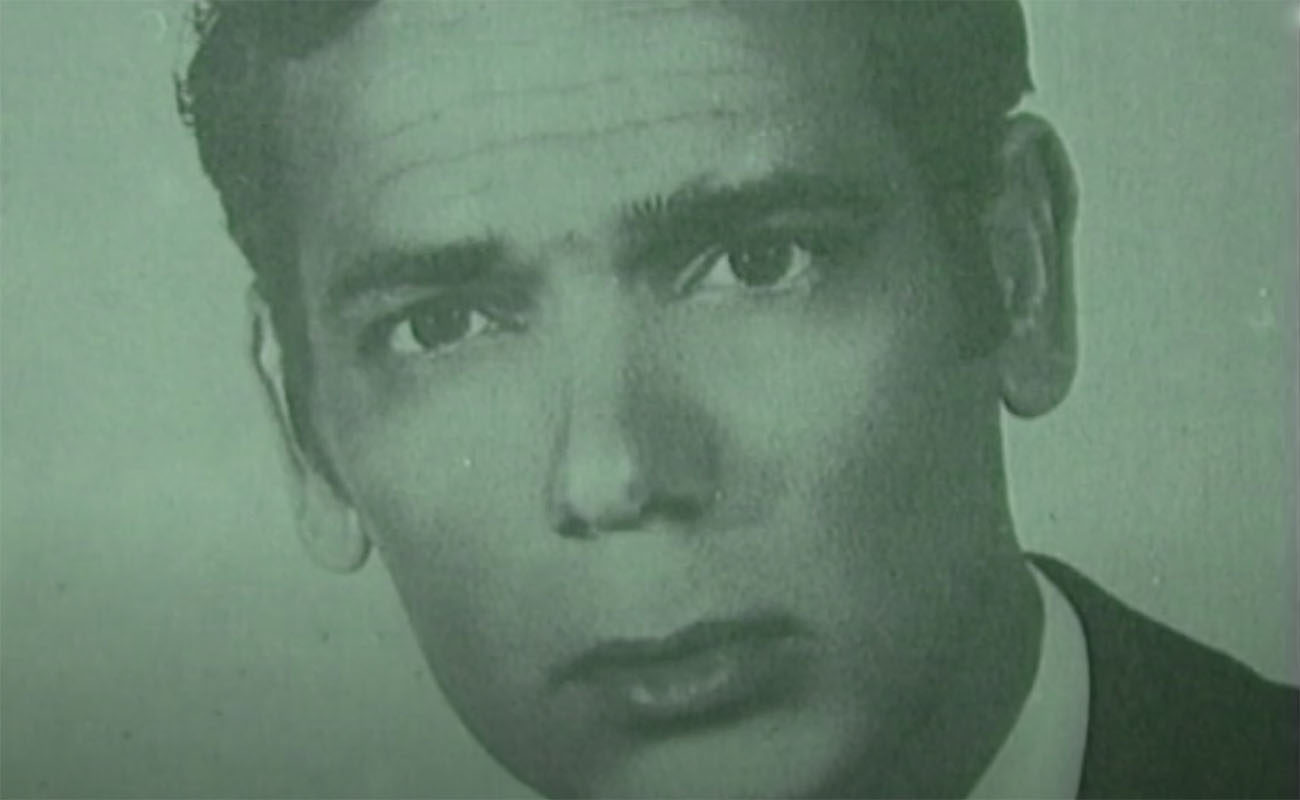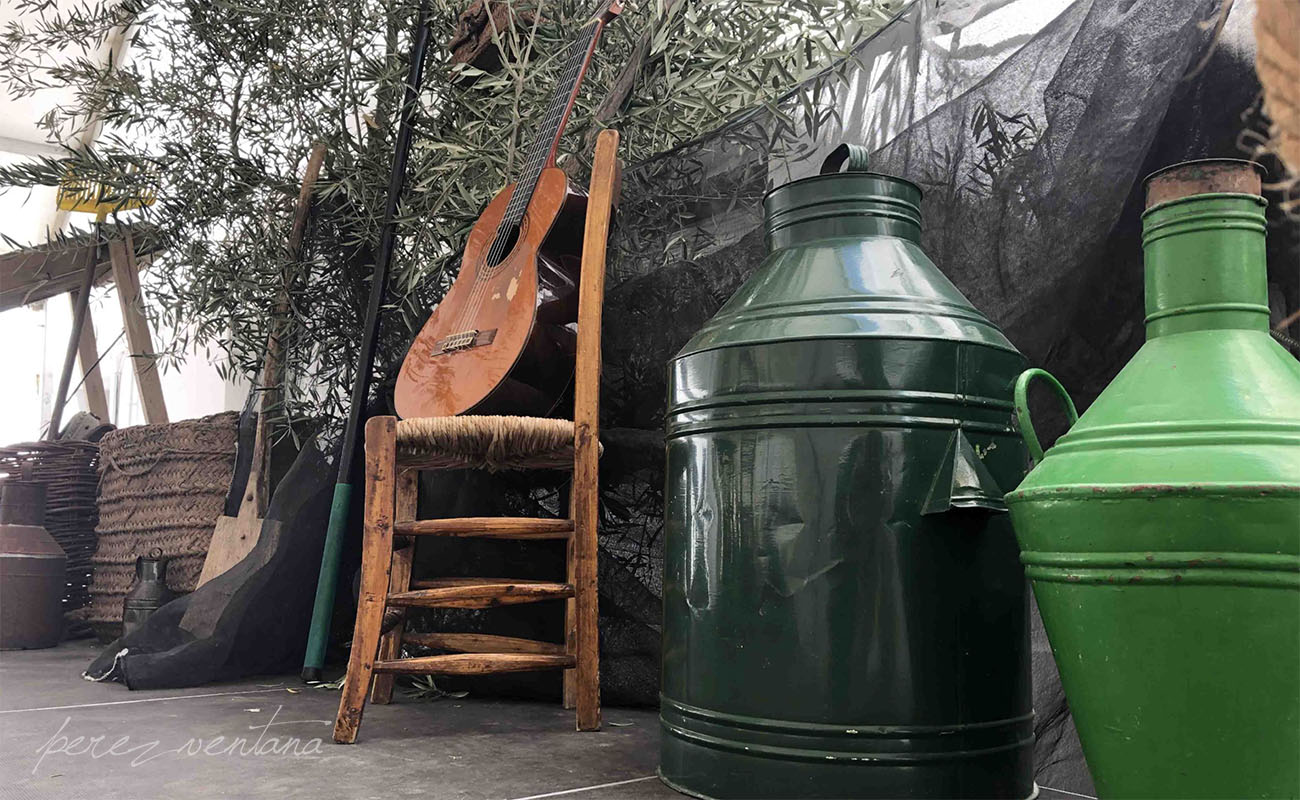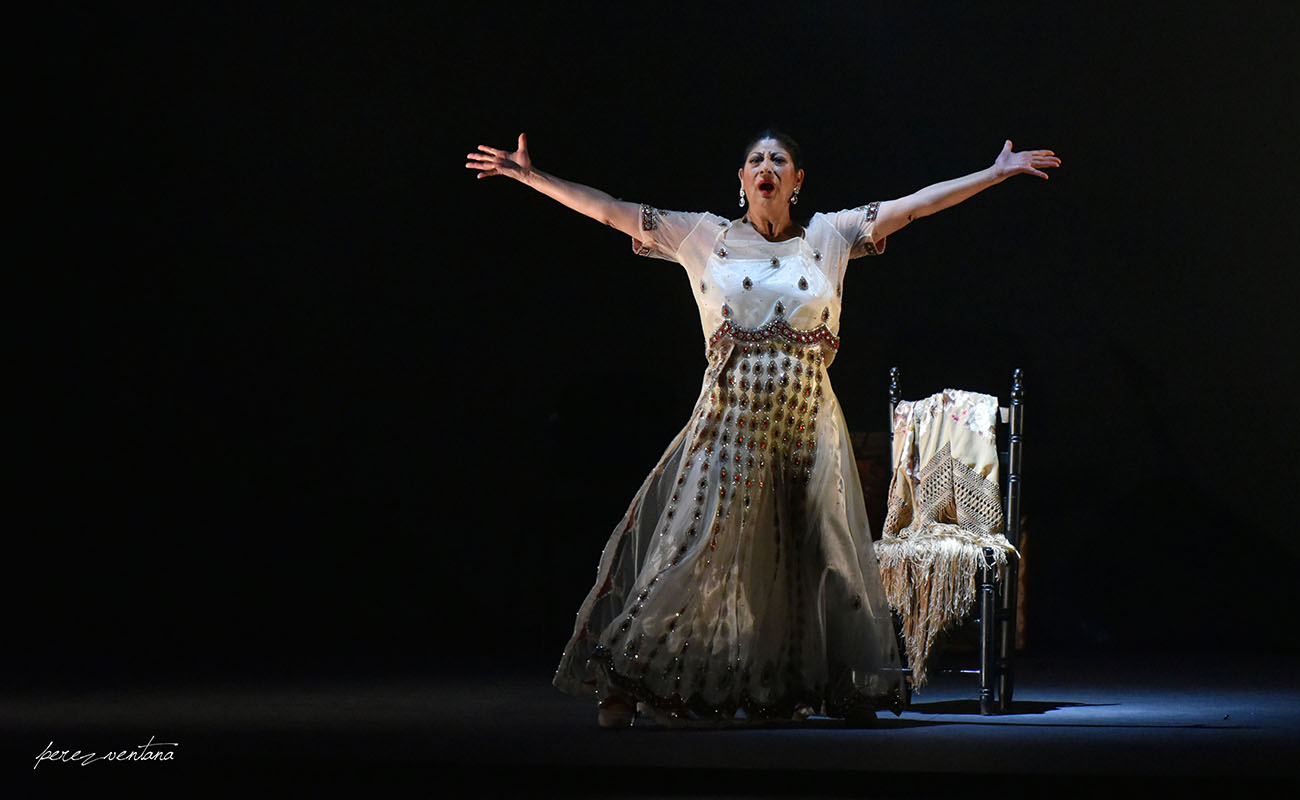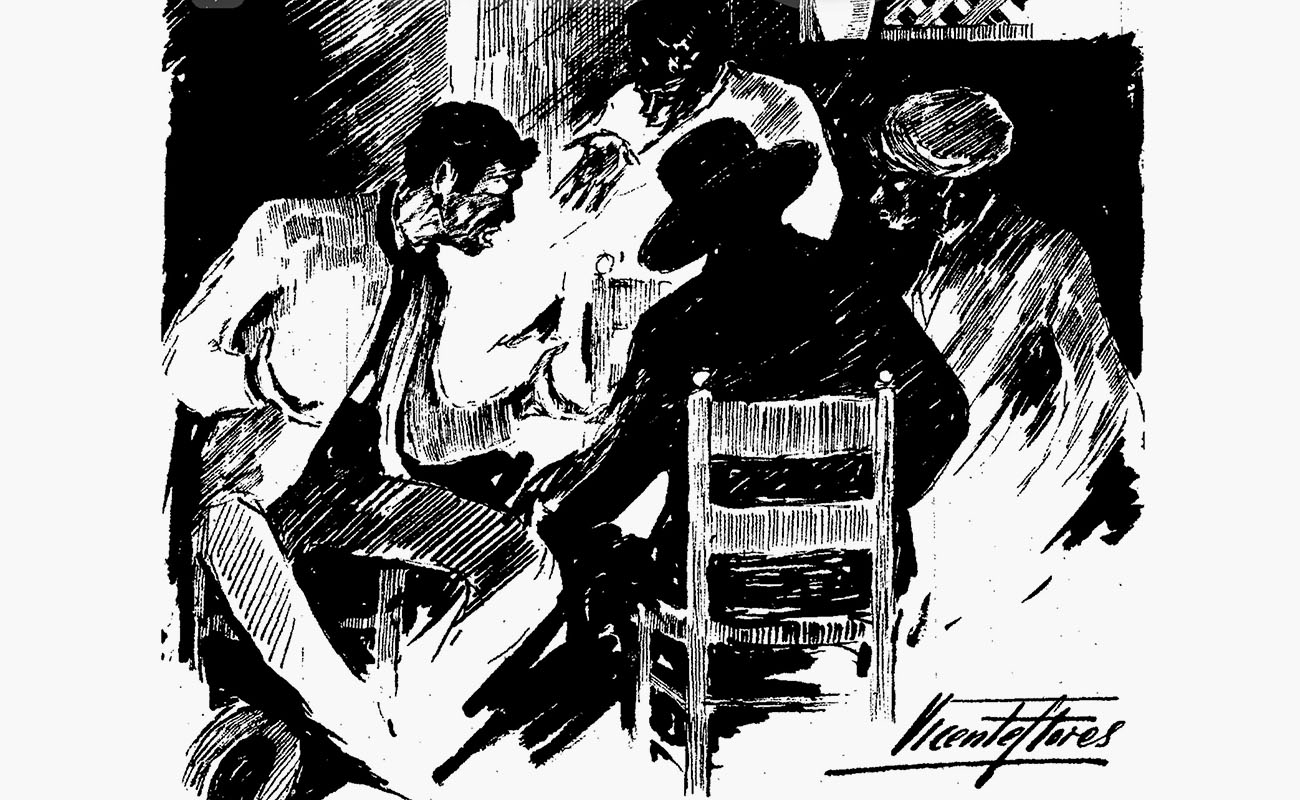Grandpa and the things flamencos say
One of the things I like the best about flamenco are the things the artists and the aficionados say, their expressions and words of wisdom, which sometimes can be very deep and philosophical, specially considering that, in your days at least, the education of the artists was minimal, generally.

-Grandpa, one of the things I like the best about flamenco are the things the artists and the aficionados say, their expressions and words of wisdom, which sometimes can be very deep and philosophical, specially considering that, in your days at least, the education of the artists was minimal, generally. For example, in the XIX century, very few flamenco artists knew how to read and write. Don’t you think this is intriguing?
-Certainly, Manolo. Wisdom was a product of the lives they lived, their experiences, their sufferings (for some), life on the streets… Look, Manolito el de María used to say that he sang because he remembered the things he had gone through. It’s true. Manolito was extremely poor, and besides being a gypsy (which is something very special in itself), he was a very humble man who had endured many troubles. I know it’s a bit cliché, but how could possibly this man sing like, say, El Pinto(1)? Pepe was a great cantaor, he was a better artist and his repertoire was much wider than Manolito’s, but their life experiences were very different. Manolito, nephew of Joaquín el de la Paula, suffered much, even in death, having died screaming in pain.
-What about Tía Anica la Piriñaca, why would she say that she could taste blood when she sang her best? That’s profound, grandpa.
-Yes, she said that. Particularly when she sang by seguiriyas in a way that pierced the soul, with that natural voice of her, raw like her blood, thus her famous phrase. She was unaware of how she sang. Cante would come out of her throat like a whisper, without ornaments, without planning. I once heard her sing on stage, and she was imposing, very Andalusian, with her hair in a perfect bun.
-Grandpa, they say that Chacón one night was so moved by his idol, Manuel Torres, that he told him “Manuel, open my wounds!” What was that all about?
-Look, Chacón and Manuel Torres were from the same neighborhood in Jerez, from the same area, and they both were very poor. Even as Torres was nine years younger than Chacón, they learned from the same masters and would have shared many experiences in their youth. When Chacón heard Torres sing, he would often be moved to tears, reportedly, probably making him remember Mellizo, Frijones, Antonio el Marrurro, Francisco la Perla… Cantaores that had once touched his soul, as they had touched everyone’s soul. That’s why Chacón would ask Torres to “open his wounds”, meaning to sing something from the masters of the old days, to bring back their memories. It’s an expression I had not heard before. See? Now you know almost as much stuff as I do.
-Another philosopher was Antonio el Chocolate, right? They say he would dream of seguiriyas, spending whole nights figuring out cantes in his head while he slept. “Good cante hurts, because it has memory, a sad memory”, he said once.
-Antonio would also wonder why we call a comforter “comforter” and a bed “bed”, while beds were more comfortable tan comforters. Makes you appreciate how odd this gypsy was, although that kind of made sense. He was cultured, you know? He liked many types of music, and history. He could discuss a Roman emperor or astronomy as easily as he could discuss cante. He was a natural genius, no doubt.
-Have those natural geniuses been lost forever, grandpa?
-Not at all, Manolo. There are some very bright geniuses in our days, too, because flamencos are very sharp, and some have an amazingly quick mind. José el de la Tomasa, for example, has some very good comebacks. Once someone asked him if it was true that he was a “cold” cantaor, and he replied “Yes, I’m from Pescanova”(2). Such retort, which may seem easy, would have taken a playwright weeks to come up with, yet José improvised on the spot, as if he had prepared it beforehand. It’s in his blood, though, as both his parents were also brilliant: Pies de Plomo and La Tomasa. They were both great cantaores, too, who grew up at Alameda de Hercules, in Seville, surrounded by flamencos.
-¿What about Camarón?
-Camarón was a man of few words, rather shy. Just like Tomás Pavón, someone like that. People had to be careful talking with Tomás (of whom Juan Talega said “he’s no big deal”), because he didn’t tolerate pranks, and didn’t like jokes. Same with his brother Arturo. Their sister Pastora, on the other hand, was quite the opposite, having a great sense of humor. When her very good friend and great singer of boleros, Antonio Machín, got married, his wife came to Pastora’s house for coffee, as a courtesy visit, and Pastora told her “Can I ask you something, just between you and me? Is it big?”
-Grandpa, you never grow up. I ask you about Camarón, and you bring up Machín’s anatomy.
-You’re losing your sense of humour, kid.
(1) José Torres Garzón, Pepe Pinto, was the husband of Pastora Pavón and had a successful artistic career.
(2) Pescanova is a well-known Spanish brand of frozen fish.





